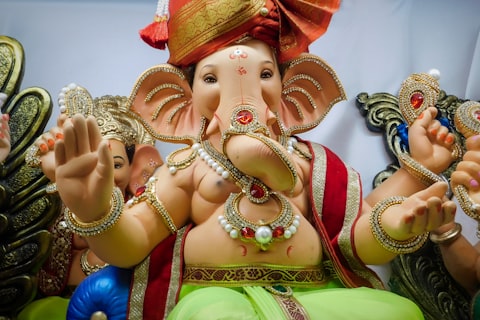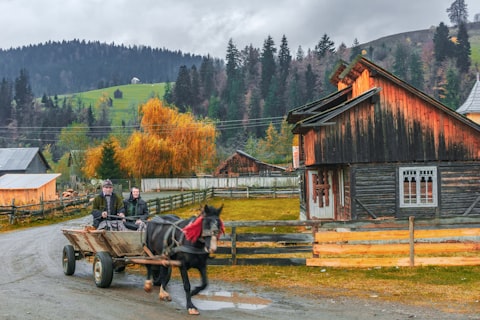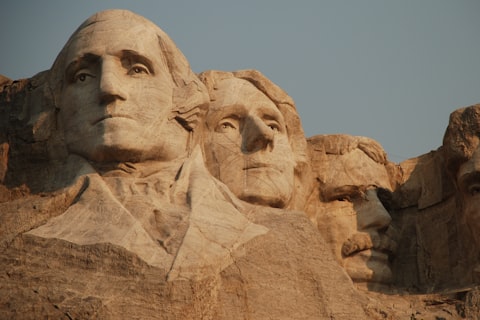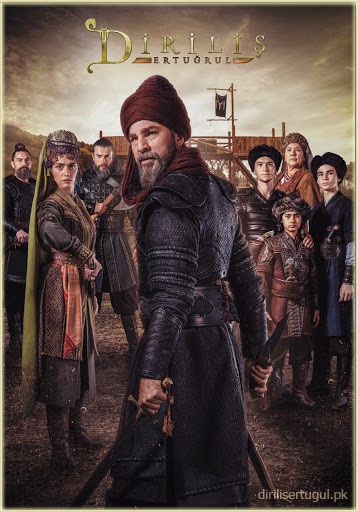Unveiling the Enigmatic Gog and Magog: Exploring Their Role in Eschatological Beliefs
Unveiling the Enigmatic Gog and Magog: Exploring Their Role in Eschatological Beliefs
Gog and Magog, enigmatic figures from religious and mythological traditions, have long been associated with apocalyptic scenarios and the end of the world. This article delves into the origins, descriptions, and interpretations of Gog and Magog in various cultures and religions, exploring their significance in end-time prophecies and their enduring presence in literature, art, and popular culture. By unraveling the mysteries surrounding Gog and Magog, we aim to shed light on their symbolic and eschatological importance in shaping beliefs about the ultimate fate of humanity.
Unveiling the Enigmatic Gog and Magog: Exploring Their Role in Eschatological Beliefs
Keywords
Gog and Magog Eschatology Apocalyptic Religious Traditions Mythology End-Time Prophecies
I. Introduction 🌐
- Gog and Magog as symbols of chaos and destruction in eschatological beliefs.
- Their role in the ultimate fate of humanity.
Images


II. Origins and Descriptions of Gog and Magog 📜
-
Historical and Mythological Background
-
Variations in Interpretations
-
Characteristics and Attributes
Figures
Characteristics Overview:
III. Gog and Magog in Different Cultures and Religions 🌍
-
Abrahamic Traditions
-
Islamic Eschatology
-
Other Cultural References
Images


IV. The Role of Gog and Magog in End-Time Prophecies 🔮
-
Apocalyptic Scenarios
-
Destruction and Chaos
-
Symbolism of Good vs. Evil
Figures
Apocalyptic Impact:
V. Interpretations and Speculations 🤔
-
Modern Interpretations
-
Scholarly Perspectives
-
Popular Culture Depictions
Images


VI. Theories on the Location of Gog and Magog 📍
-
Geographical Speculations
-
Symbolic Representations
-
Historical References
Figures
Geographical Theories:
VII. Gog and Magog in Literature and Art 🎨
-
Depictions in Religious Texts
-
Artistic Representations
-
Literary Works and Folklore
Images


VIII. Contemporary Relevance and Interpretations 📅
-
Relevance in Modern Belief Systems
-
Political and Cultural References
-
Interfaith Dialogue and Understanding
Figures
Contemporary Impact:
IX. Conclusion 🏁
-
Reflection on Gog and Magog's enduring legacy.
-
Their role in cultural and religious contexts.
-
The human fascination with apocalyptic narratives.
I. Introduction
Gog and Magog, mysterious entities from ancient lore, hold a prominent place in eschatological beliefs, symbolizing the forces of chaos and destruction.
II. Origins and Descriptions of Gog and Magog
Historical and Mythological Background
Variations in Interpretations
Characteristics and Attributes
III. Gog and Magog in Different Cultures and Religions
Abrahamic Traditions
Islamic Eschatology
Other Cultural References
IV. The Role of Gog and Magog in End-Time Prophecies
Apocalyptic Scenarios
Destruction and Chaos
Symbolism of Good vs. Evil
V. Interpretations and Speculations
Modern Interpretations
Scholarly Perspectives
Popular Culture Depictions
VI. Theories on the Location of Gog and Magog
Geographical Speculations
Symbolic Representations
Historical References
VII. Gog and Magog in Literature and Art
Depictions in Religious Texts
Artistic Representations
Literary Works and Folklore
VIII. Contemporary Relevance and Interpretations
Relevance in Modern Belief Systems
Political and Cultural References
Interfaith Dialogue and Understanding
IX. Conclusion
The enigmatic figures of Gog and Magog continue to intrigue and inspire contemplation about the end of the world and the eternal struggle between good and evil. Their legacy endures in various cultural and religious contexts, inviting reflection on the complexities of eschatological beliefs and the human fascination with apocalyptic narratives.








تعليقات
إرسال تعليق